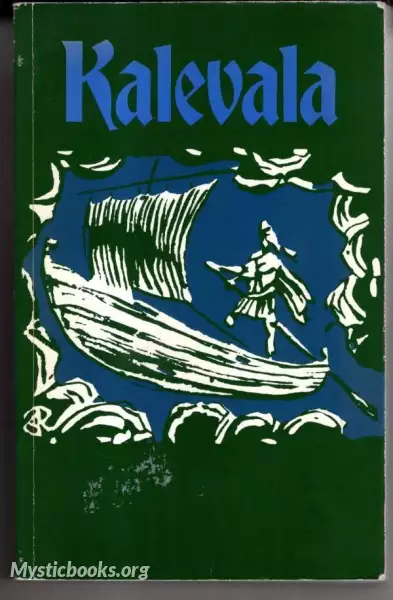
Kalevala, The Land of the Heroes
'Kalevala, The Land of the Heroes' Summary
The Kalevala is a 19th-century work of epic poetry compiled by Elias Lönnrot from Karelian and Finnish oral folklore and mythology, telling an epic story about the Creation of the Earth, describing the controversies and retaliatory voyages between the peoples of the land of Kalevala called Väinölä and the land of Pohjola and their various protagonists and antagonists, as well as the construction and robbery of the mythical wealth-making machine Sampo.
The Kalevala is regarded as the national epic of Karelia and Finland and is one of the most significant works of Finnish literature with J. L. Runeberg's The Tales of Ensign Stål and Aleksis Kivi's The Seven Brothers The Kalevala was instrumental in the development of the Finnish national identity and the intensification of Finland's language strife that ultimately led to Finland's independence from Russia in 1917.The work is also well known internationally and has partly influenced, for example, J. R. R. Tolkien's legendarium.
The first version of the Kalevala, called the Old Kalevala, was published in 1835, consisting of 12,078 verses. The version most commonly known today was first published in 1849 and consists of 22,795 verses, divided into fifty folk stories. An abridged version, containing all fifty poems but just 9732 verses, was published in 1862. In connection with the Kalevala, there is another much more lyrical collection of poems, also compiled by Lönnrot, called Kanteletar from 1840, which is mostly seen as a "sister collection" of the Kalevala.
Book Details
Authors
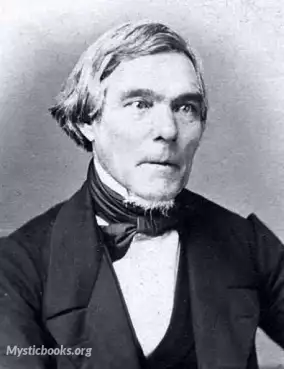
Elias Lonnrot
United State
Elias Lönnrot was a Finnish physician, philologist and collector of traditional Finnish oral poetry. He is best known for creating the Finnish national epic, Kalevala, (1835, enlarged 1849), from...
Books by Elias LonnrotDownload eBooks
Listen/Download Audiobook
- Select Speed
Related books
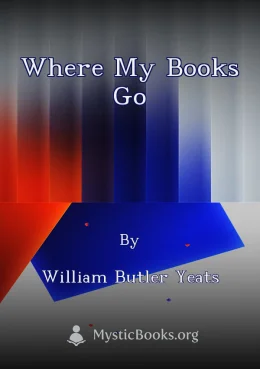
Where My Books Go by William Butler Yeats
LibriVox volunteers bring you thirteen different readings of the short poem Where My Books Go by William Butler Yeats, a weekly poetry project. (Summa...
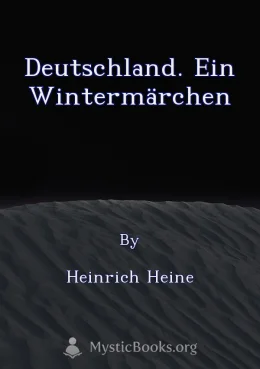
Deutschland. Ein Wintermärchen by Heinrich Heine
„Deutschland. Ein Wintermärchen“ ist ein satirisches Versepos von Heinrich Heine, das er während einer Reise durch Deutschland im Winter 1843/44 schri...
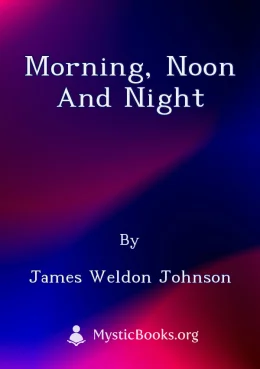
Morning, Noon and Night by James Weldon Johnson
''Morning, Noon and Night'' is a collection of poetry by James Weldon Johnson, a prominent figure in the Harlem Renaissance. The poems reflect on them...
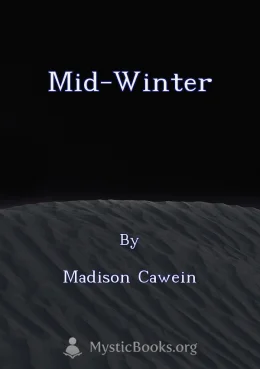
Mid-Winter by Madison Cawein
Madison Cawein's "Mid-Winter" is a poignant collection of poems that capture the essence of winter's bleak beauty. Cawein's masterful use of imagery p...
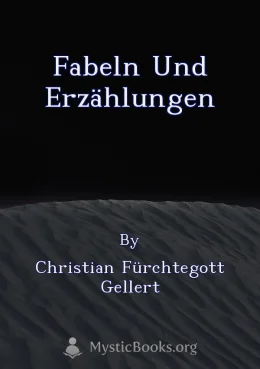
Fabeln und Erzählungen by Christian Fürchtegott Gellert
Christian Fürchtegott Gellert's "Fabeln und Erzählungen" is a collection of poems that each tell a brief story. The poems range in style from fables a...
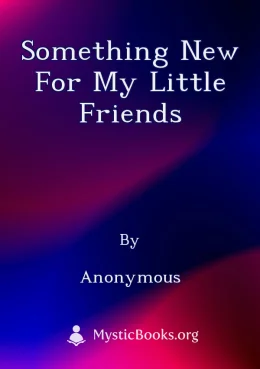
Something New for my Little Friends by Anonymous
'Something New for My Little Friends' is a collection of Victorian-era poems intended for children. The poems, written by an anonymous author known on...
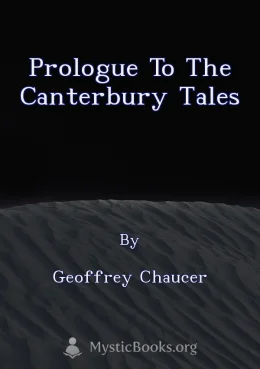
Prologue to the Canterbury Tales by Geoffrey Chaucer
LibriVox volunteers bring you 6 different recordings of the Prologue to the Canterbury Tales, Lines 1-18 by Geoffrey Chaucer. This was the weekly poet...
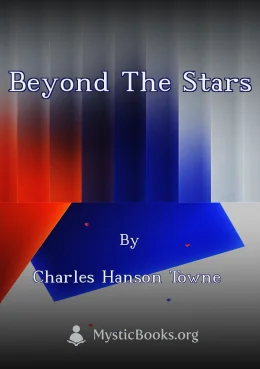
Beyond the Stars by Charles Hanson Towne
Beyond the Stars is a collection of poems by Charles Hanson Towne. Towne was a popular American poet, editor, and author in the early 20th century. Hi...
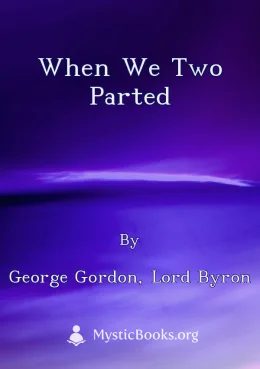
When We Two Parted by George Gordon, Lord Byron
LibriVox volunteers bring you nine different recordings of When We Two Parted, by George Gordon, Lord Byron. This was the weekly poetry project for th...
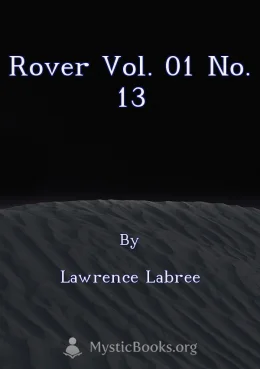
Rover Vol. 01 No. 13 by Lawrence Labree
Published in 1843, "The Rover" was a weekly magazine that offered a selection of short stories, poems, and engravings. Edited by Seba Smith and Lawre...
Reviews for Kalevala, The Land of the Heroes
No reviews posted or approved, yet...